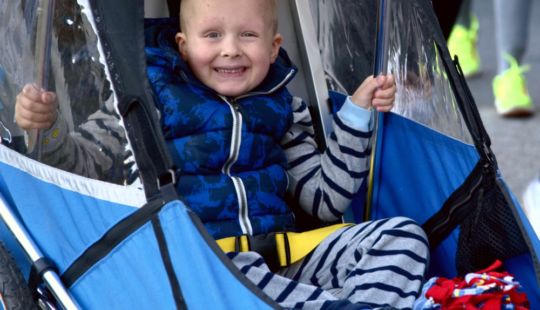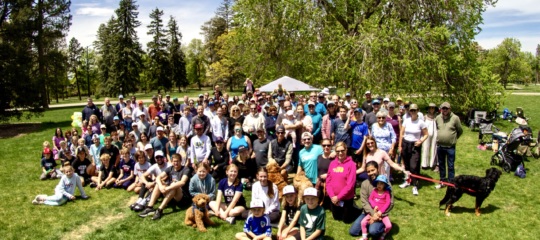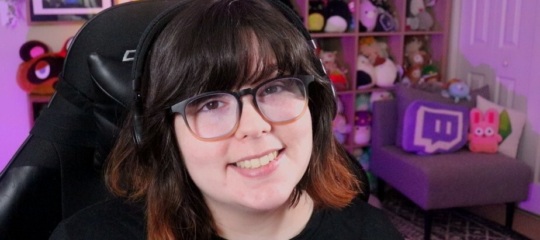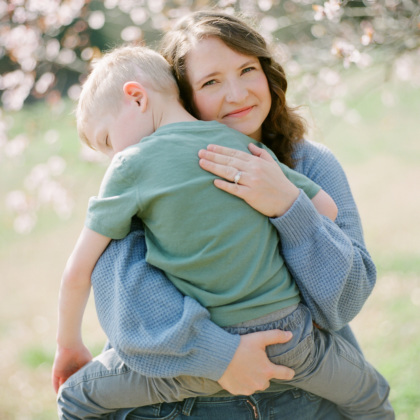
Matthew: Long-term Survivorship with a High-Grade Glioma

Ten-year-old Matthew spends his time playing with his older siblings, telling jokes, and dreaming of becoming a train driver. As he reaches for his dreams throughout his life, he will face some challenges due to his pediatric brain tumor diagnosis.
At just 28 months old, Matthew was diagnosed with a high-grade brainstem glioma– an aggressive brain tumor he still battles to this day. His dreams may look different than his brothers and sisters, but his family embraces Matthew’s needs and tackles the challenges together, no matter what.
“It’s a hard balancing act because we never want to limit our own kid with what they want and what their dreams are, but we also want to balance it with the reality of the situation. And that’s a tough balance. This entire journey is a constant balancing act of trying to balance his siblings’ wants and dreams with Matthew’s and our own,” says Matthew’s father, Jayson.
The biggest impact his tumor has on his life is difficulties with balance. Being late to start walking due to balance issues as a toddler was one of the warning signs his parents noticed that eventually led to him getting an MRI. He still struggles today with balance due to his tumor location and size, along with other symptoms that vary depending on the current size of the tumor.
Years after Matthew’s initial diagnosis, his dad still remembers the relief of discovering PBTF’s Butterfly Fund– a program that provides emergency financial assistance to families of children in treatment for out-of-pocket expenses like transportation, groceries, professional counseling, and more.
“When we were put into a tough position where I couldn’t provide, I remember PBTF from the start of our journey helped us with gas and food through gift cards. As a provider it was critical for me to know that we would be able to get to the hospital and have food to eat,” says Jayson.
Children with brain cancer can’t wait another week, another day, another minute for your support. When you donate to the Pediatric Brain Tumor Foundation, you help fund life-changing research and provide families with the resources and support they need. Don’t let pediatric brain cancer steal another future.
Matthew’s mother Dawn also shares that the community of support they found through the Pediatric Brain Tumor Foundation made their family feel less isolated, as they are in a position that can be hard to relate to if you haven’t gone through a pediatric brain tumor journey. While they have enjoyed the experience of meeting families through attending PBTF’s Starry Night and other events over the years, they are looking forward to new opportunities to meet and converse with other families who are on a long-term survivorship journey and understand their unique position.

“At the beginning of your cancer journey, you have everyone. You have so much support which is magical and horrible. But if you’re lucky enough to be eight years into your journey, you have nothing. We are desperate to meet other families who have been in our situation for the long term,” says Dawn.
Living with a brain tumor is a chronic, lifelong journey, and families like Matthew’s need the Pediatric Brain Tumor Foundation and your compassion every step of the way. Join us as we seek to raise $365,000 before the end of 2022 to continue to provide welcoming, care-centered support for families as their child goes through treatment and they transition into survivorship. Donate today at www.curethekids.org/holiday2022.
Related Stories


Community Spotlight: Tumor Trot 2024
After Marin was diagnosed with a brain tumor, her family was inspired to bring their local community together for their annual Tumor Trot that supports children like Marin around the country facing this devastating disease.

Pediatric Brain Tumors Shouldn’t Be Ignored Because They're Uncomfortable to Talk About
My brain tumor experience is something I think about every day of my life, but the outside world likes to erase that and pretend it didn’t happen. It’s too “taboo” or “uncomfortable.” So, this year, on the 7th anniversary of my surgery, I want to talk about it.
Related Updates
Ursula Burns, Former Xerox CEO, and Jordan Wertlieb, EVP and COO of Hearst, Appointed to Pediatric Brain Tumor Foundation’s Advisory Board as Inaugural Members
The Pediatric Brain Tumor Foundation today announced the appointment of Ursula Burns and Jordan Wertlieb as inaugural members of the organization’s new Advisory Board. Burns and Wertlieb offer their exceptional business acumen and experience to PBTF, the largest patient advocacy funder of pediatric brain tumor research.
Minor League Baseball Teams Unite to Support Children with Brain Cancer
Related Resources
Survivor Support Groups
About Pediatric Brain Tumors


